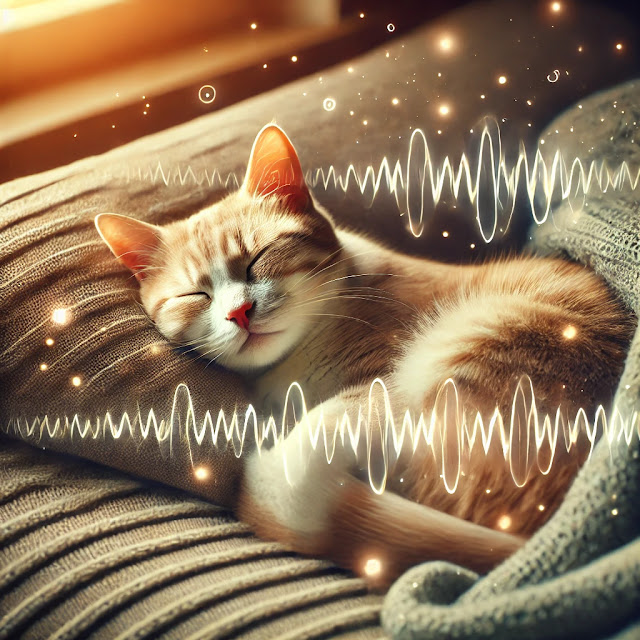Do You Know Why Cats Purr?
Cats are fascinating creatures with many unique behaviors, but one of the most endearing is their ability to purr. That soft, rhythmic vibration has puzzled and delighted humans for centuries. While we often associate purring with happiness, its purpose goes far beyond contentment.
What is Purring?
Purring is a continuous sound created by cats as they exhale and inhale. It originates from the rapid movement of the vocal cords and laryngeal muscles, which cause the air in the vocal folds to vibrate. The result is the soothing hum we recognize as a purr.
Why Do Cats Purr?
Cats purr for several reasons, ranging from expressing emotion to self-healing. Let’s explore these in detail:
Contentment and Relaxation
The most common reason cats purr is to show they are happy and relaxed. When a cat is curled up on your lap, softly purring, it’s a sign of comfort and trust.Communication
Kittens are born blind and deaf, but they can purr. This helps them communicate with their mothers, signaling that they are nearby and safe. Mother cats also purr to soothe their kittens.Stress or Pain Relief
Surprisingly, cats also purr when they are scared, in pain, or sick. The act of purring is believed to have a calming effect on cats, much like how humans might hum or sing to comfort themselves during stressful times.Healing Mechanism
Purring is thought to have therapeutic properties. Studies suggest that the frequency of a cat’s purr (between 25 and 150 Hz) can stimulate healing, reduce pain, and improve bone density. This might explain why injured or ill cats often purr.Attention-Seeking
Cats may purr to get their human’s attention, especially when they want food or affection. This type of purring is often accompanied by other behaviors like rubbing or meowing.Bonding
Cats purr to strengthen their bond with humans and other animals. The soothing sound encourages social interaction and fosters trust.
Do Other Animals Purr?
While cats are famous for purring, they’re not the only animals that do so. Other animals like cheetahs, bobcats, and even guinea pigs can produce similar sounds. However, the mechanism and reasons behind their purring can vary.
Why This Is Important
Understanding why cats purr helps deepen our bond with these incredible animals. It allows us to better interpret their emotions and needs, enhancing our ability to care for them and ensure their well-being.
Conclusion
Cats purr for a variety of reasons, ranging from happiness to healing. This fascinating behavior not only showcases the complexity of feline communication but also highlights their ability to adapt and thrive in different situations. So, the next time your cat purrs, take a moment to enjoy the comforting sound and marvel at the science behind it.




